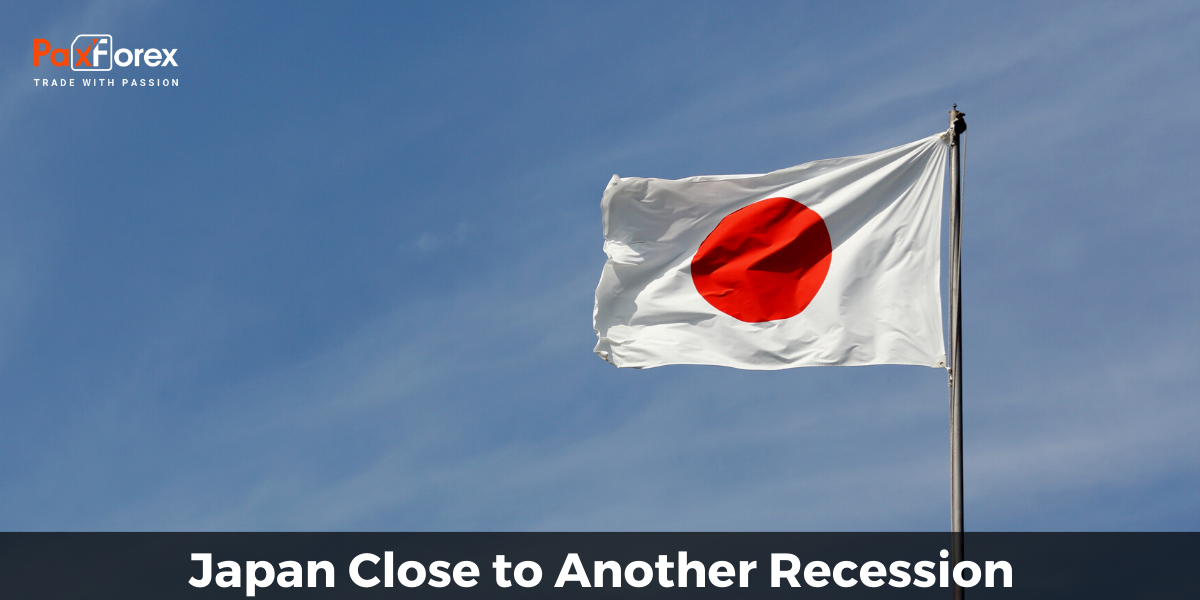
When it rains it pours. Japan has made one big crucial mistake in the late 90’s in direct response to its own financial crisis. Yes, they bailed out their system and thought they made an intelligent move. That was in 1999. Why anyone thought economic socialism would be the right response to idiotic fiscal policy combined with extensive mismanagement of portfolios remains an unresolved mystery. Nevertheless, it did happen and Japan has suffered ever since then.
It has been over thirteen years since their policy misstep and Japan has suffered recession after recession and the next one is around the corner. Japan is hit by the Eurozone debt contagion as well as a rapid deterioration with China. Japan, the world’s fourth largest economy behind the EU, U.S. and China, has been on a death spiral with China which hit the Japanese auto industry extremely hard.
Japan reported a September trade deficit of $7.2 Billion as exports dropped by 10.3%. Exports totaled $68.7 Billion while imports rose 4% to $75.9 Billion. The year-to-date deficit totals $60.6 Billion. Japan’s exports declined with all trading partners which is a very bearish sign and shows that Japan is in the middle of its second lost decade.
Japan struggles with the Eurozone debt contagion as it hurt demand drastically. The world’s biggest economy has showed a decrease in appetite for imports from Japan as exports to the EU plunged by 26%. Exports to the EU will likely remain weak for an extended period of time due to the stagnant approach by European policy makers to address the core of the financial meltdown.
The rise in antagonism and anti-Japan protests in China due to an island dispute in the East China Sea has hammered economic ties with mainland China which was met by a decline in exports by 14%. On the other side, imports from China increased by 3.8%. The Japanese auto industry struggled especially hard as auto exports decreased by 15%.
The increase in the value of the Japanese Yen completes the triple threat to the fragile Japanese economy. Traders and investors alike have viewed the Yen as a safe haven and use it as a carry trade. The Japanese government would love to devalue the Yen and has interfered in forex markets several times. Each market manipulation showed ultra-short term market disruptions which were reversed shortly after the Bank of Japan executed their moronic moves.
Japan has basically no natural resources and is almost 100% fuel dependent. Fuel imports surged 18%, partially due to an increase in fuel prices and partially due to the almost complete shutdown of Japan’s nuclear plants which forced utilities and manufacturers to rely more on traditional fuel sources. Japan countered fuel imports by exports of industrial machinery and other high-tech equipment in order to keep a balance in their trade figures.
The repetition of the same policy mistakes with the hope of a different outcome equate to insanity. Japan has not learned its lesson; the U.S. has decided to follow the Japanese example in 2008 which will yield the same results. Any claims for a different outcome are idiotic.







